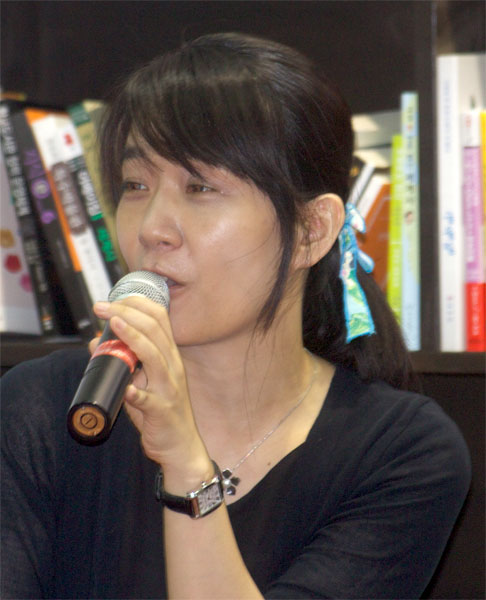The announcement was made on Thursday in Stockholm by Mats Malm, the permanent secretary of the Swedish Academy’s Nobel Committee. On accepting the honour, Kang noted, “writing is a way of questioning for me. I just try to complete my questions through the process of my writing and I try to stay in the questions, sometimes painful, sometimes — well — sometimes demanding,”
In his long statement, Anders Olson, chairman of the Nobel Committee noted, ‘In her oeuvre, Han Kang confronts historical traumas and invisible sets of rules and, in each of her works, exposes the fragility of human life. She has a unique awareness of the connections between body and soul, the living and the dead, and in her poetic and experimental style has become an innovator in contemporary prose.’
Historically, the Nobel Prize in Literature has been male-dominated, with only 17 women among its recipients. The last woman to win was France's Annie Ernaux in 2022. This year, the award carries a cash prize of 11 million Swedish kronor ($1 million), part of a bequest from Alfred Nobel, the prize's founder. Winners will also receive a medal at the ceremony on December 10.
Born in 1970 in Gwangju, South Korea, Han Kang moved with her family to Seoul at the age of nine. Her literary roots run deep—her father, Han Seung-won, is a well-known novelist. Han began her career in 1993, publishing poems in the magazine Literature and Society, and made her prose debut in 1995 with the short story collection Love of Yeosu.
Her international breakthrough came in 2007 with the novel The Vegetarian. This unsettling work, written in three parts, tells the story of a woman whose decision to stop eating meat leads to devastating consequences. The book portrays the violent consequences that ensue when its protagonist Yeong-hye refuses to submit to the norms of food intake. Her decision not to eat meat is forcibly rejected by both her husband and her authoritarian father. In her 2014 novel Human Acts, set in her hometown of Gwangju, Han tackled the painful history of state violence by giving a voice to the victims of the 1980 Gwangju Uprising, a massacre by the South Korean military.
The Nobel Committee noted that her writing is marked by blending mental and physical torment, often reflecting Eastern philosophical traditions. An example of this is her 2013 novel Convalescence, which tells the story of a woman dealing with a leg ulcer that refuses to heal, alongside her painful relationship with her deceased sister. The committee highlighted Han’s unique awareness of balancing dichotomies and contradictions, especially through the experiences of female protagonists, contributing to the making of contemporary prose.
photo credit: wikipedia commons








